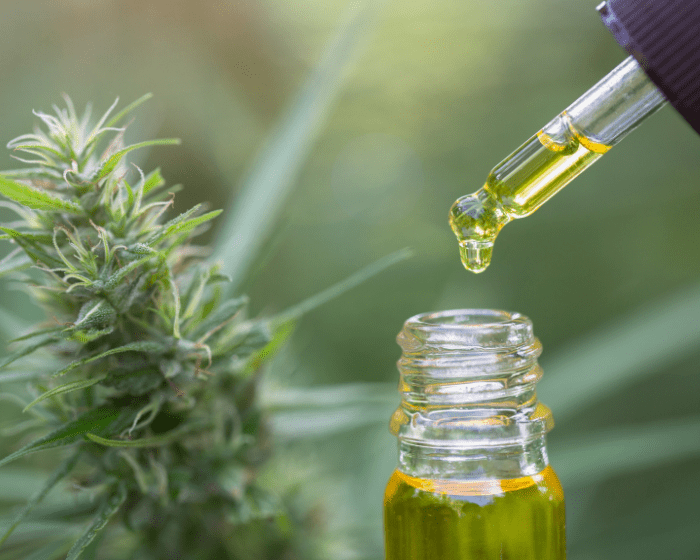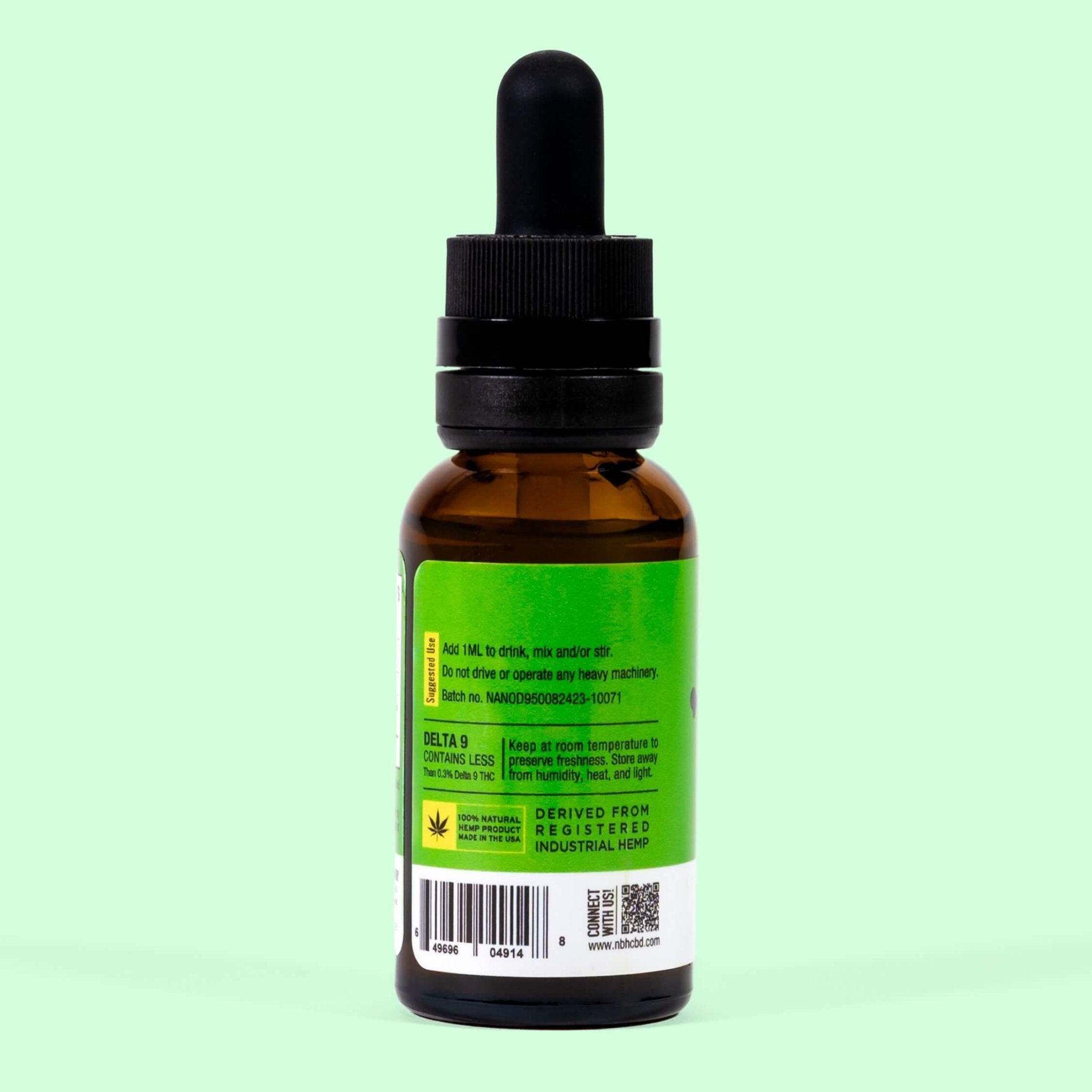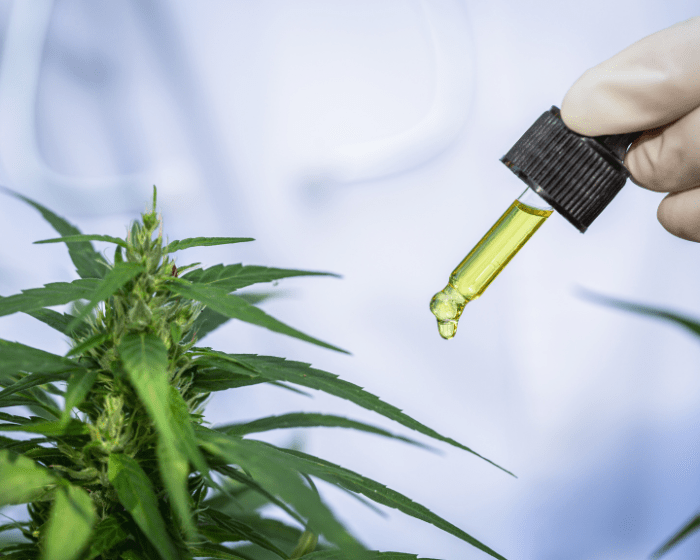
Legislators preparing to work on the 2023 Farm Bill invited insights from the hemp industry this week. From the panel of industry reps and the lawmakers themselves, one theme arose again and again: It’s time to craft a regulatory framework for CBD.
Marking the first hearing the House Committee on Agriculture has held on hemp, a subcommittee heard testimony July 28 on the U.S. Department of Agriculture's Hemp Production Program.
Their aim was to gather information on how to tweak the next Farm Bill to support hemp farmers and manufacturers, helping the industry flourish after some initial ups and downs since hemp was legalized in 2018.
“As we look towards the next Farm Bill, we can continue to address ongoing issues and provide our farmers, producers, processors and agricultural researchers with the resources they need,” said Chair Stacey Plaskett (D-U.S. Virgin Islands).
“While markets for hemp products such as fiber, grain and flower are developing, they are still volatile and uncertain,” Plaskett noted. “To support farmers, producers and the ongoing development of this reemerging sector, it’s crucial that USDA continue to work to support and expand hemp production and the hemp industry.”
“While markets for hemp products such as fiber, grain and flower are developing, they are still volatile and uncertain.”
— Chair Stacey Plaskett, House Agriculture Subcommittee on Biotechnology, Horticulture, and Research
Eric Wang, chief executive officer of Ecofibre speaking on behalf the US Hemp Roundtable, said the lack of CBD regulations was partially responsible for volatility in the hemp industry.
“In passing the 2018 Farm Bill, Congress made very clear its intent to support the production and sale of hemp and hemp derivatives such as CBD,” Wang said. “… Thousands of U.S. growers planted hemp in response, with farming for CBD representing most of the hemp acreage at that time. However, public statements by FDA officials stating that it’s unlawful to sell ingestible hemp-derived CBD products have taken their toll on the industry.
“Public statements by FDA officials stating that it’s unlawful to sell ingestible hemp-derived CBD products have taken their toll on the industry.”
— Eric Wang, Chief Executive Officer of Ecofibre
"CBD commerce and investment has been chilled due to continued inaction at the federal level,” Wang continued, “which has impaired economic opportunity for American farmers and processors. … Consumers have also been impacted. Bad actors sell products without appropriate safeguards and mislead consumers with false label claims.”
Wang noted that FDA Commissioner Dr. Robert Califf acknowledged in May that the FDA has done little to regulate CBD products. Califf said the agency needed more regulatory authority from Congress to build an enforceable framework.
Wang asked lawmakers to include language in the 2023 Farm Bill giving the FDA that increased authority.
Ryan Quarles, commissioner of the Kentucky Department of Agriculture called the lack of direction from the FDA "the biggest issue facing hemp today."
“Without clear direction from the FDA,” he added, “large retailers will not carry CBD products and many business leaders are reluctant to move forward the the development and manufacturing of these products.”
“Without clear direction from the FDA, large retailers will not carry CBD products and many business leaders are reluctant to move forward the the development and manufacturing of these products.”
— Ryan Quarles, Commissioner of the Kentucky Department of Agriculture
Ranking members Jim Baird (R-IN) and Glenn Thompson (R-PA) both said it seemed like a miss that no one from the USDA or Food and Drug Administration was set to speak at the hearing.
“I do believe it is a missed opportunity that we don’t hear from the federal agencies … tasked with implementing provisions to hemp today,” Baird said. “Madam Chair, I remain hopeful that we can hear from both the USDA and FDA at one of our future meetings.”
Baird noted that much of the hemp being grown in the U.S. is being used to make CBD, and challenges have led to a decline in hemp acres planted.
“Since the passage of the 2018 Farm Bill, there has been no regulatory framework from the Food and Drug Administration for CBD products,” Baird said, “leading to some uncertainty for producers, for manufacturers and retailers, as well as consumers.”
“I am disappointed we’re having another hearing where USDA and, in this case, the FDA too are missing in action, absent without leave, from the discussion,” Thompson said. “I think everyone in attendance would have welcomed their perspectives as a part of this hearing. These two agencies have an integral role related to both regulation and oversight of the hemp program. And without them we’re missing a piece of the puzzle on an issue that has never once been publicly discussed by this committee.”
“I am disappointed we’re having another hearing where USDA and, in this case, the FDA too are missing in action, absent without leave, from the discussion.”
— Rep. Glenn Thompson
Not all of the panelists focused on CBD.
Dr. Brandy Phipps of Ohio’s Central State University recommended diversification in the grain sector. Establishing hemp as a safe ingredient could provide sustainable animal feed with an improved nutritional profile, benefitting human health.
Mr. Marcus Grignon, executive director of Hempstead Project Heart in Wisconsin, recommended exempting growers of hemp grain and fiber from testing background checks, easing banking restrictions for hemp businesses and creating a USDA stamp of approval for hemp being shipped between jurisdictions in the U.S.
Kate Greenberg, commissioner of the Colorado Department of Agriculture, recommended removing DEA requirements for testing labs, allowing the use of certified seed as an alternative to strict testing requirements, removing background checks for growers and establishing a regulatory process to allow the use of hemp as feed.








































